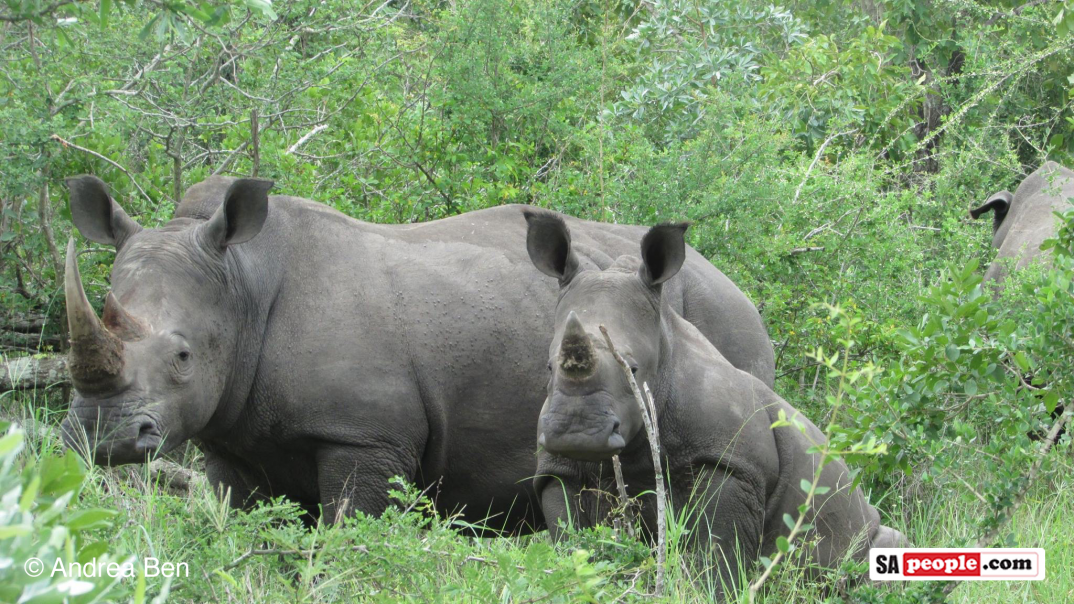
Ban on Local Rhino Horn Trade Lifted by SA Judge
PRETORIA – A South African judge on Thursday lifted a domestic trading ban on rhino horn that was imposed by the government in 2009 to try stem poaching of the animals. The decision by Judge Francis Legodi in the Pretoria High Court came after Malelane game farmer John Hume and Limpopo farmer Johan Kruger fought a legal battle to […]

PRETORIA – A South African judge on Thursday lifted a domestic trading ban on rhino horn that was imposed by the government in 2009 to try stem poaching of the animals.
The decision by Judge Francis Legodi in the Pretoria High Court came after Malelane game farmer John Hume and Limpopo farmer Johan Kruger fought a legal battle to overturn the government’s moratorium.
“This is a momentous judgment,” Hume was quoted as saying in local news reports. “I would just hope that the world understands that if I don’t sell rhino, my whole rhino herd would be dead within the next ten years.”
The government said in a statement it will appeal the decision.
“The decision of the court should not be construed to mean that the domestic trade in rhino horn may take place in an unregulated fashion,” said Minister of Environmental Affairs Edna Molewa, adding that all trade had to follow the laws and required permits.
The department said the decision does not affect international trade in rhino horn for commercial purposes, which is still prohibited under the provisions of CITES.
Hume apparently said that the spike in poaching since 2008 was partly due to the government’s moratorium on horn trade.
The ruling also comes before the 2016 meeting in Johannesburg of the Convention on International Trade in Endangered Species of Wild Fauna and Flora (CITES), which could lift the global ban on trade in rhino horn. There is a growing belief that the sale of horn stockpiles will flood the market and reduce levels of poaching.
In his judgement, Legodi said that the public had not properly informed about the 2009 moratorium or been given enough time to reply, news reports said.
The judge said the exact percentage of poaching attributable to the moratorium is not known, but clearly its role in adding to the surge in poaching could not be excluded.
“On what basis should this court suspend the setting aside of the moratorium?
“Put differently, what disastrous implications would be brought about by the immediate lifting of the moratorium? I cannot think of any.”